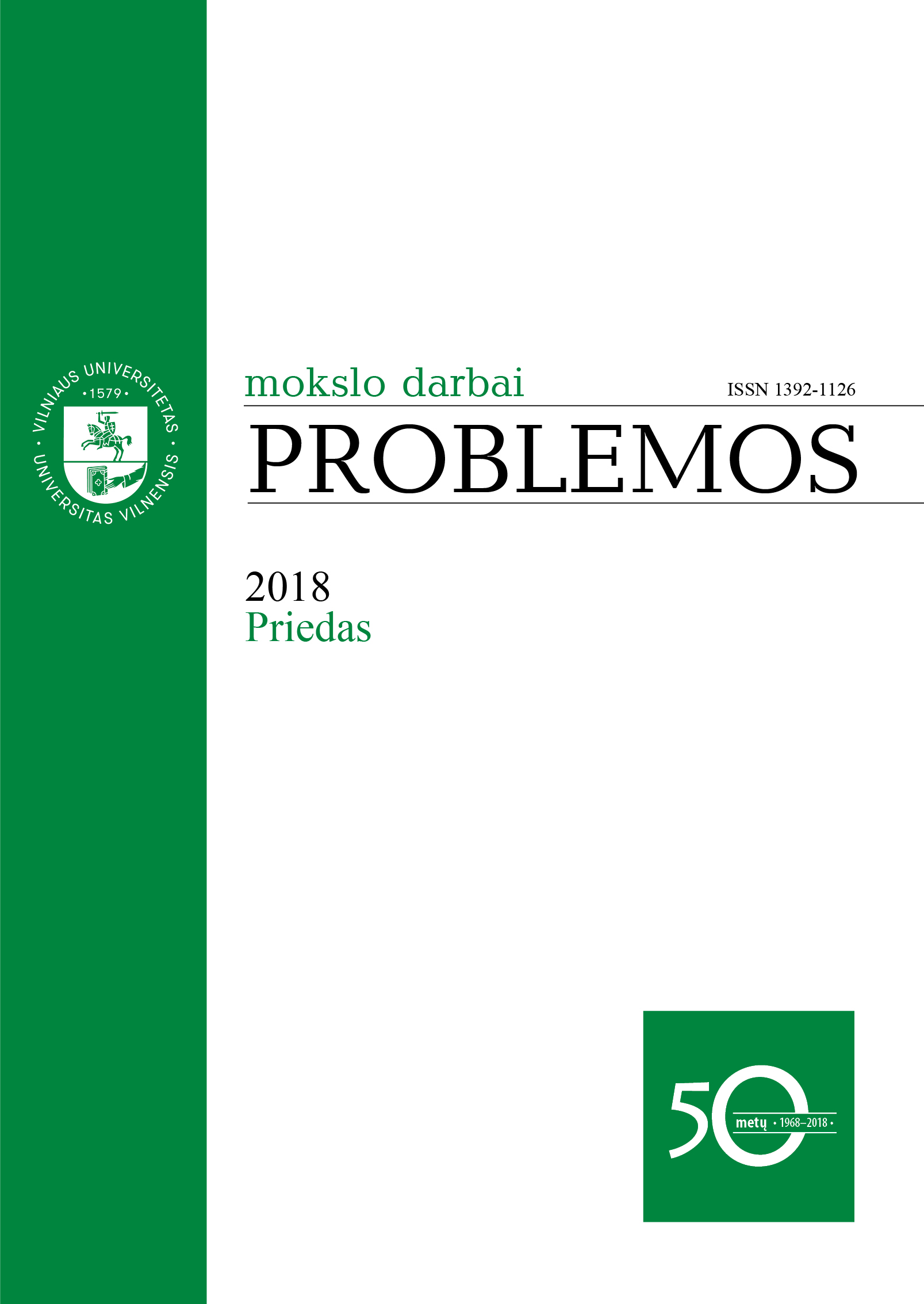COMPUTATIONAL PRACTICES , EDUCATIONAL THEORIES, AND LEARNING DEVELOPMENT
COMPUTATIONAL PRACTICES , EDUCATIONAL THEORIES, AND LEARNING DEVELOPMENT
Author(s): Don Passey, Valentina Dagienė, Loice Victorine Atieno, Wilfried BaumannSubject(s): Education, Epistemology, Cognitive Psychology, Evaluation research, ICT Information and Communications Technologies
Published by: Vilniaus Universiteto Leidykla
Keywords: computational practices; educational philosophy; learning theories; learning progression; software developer competencies;
Summary/Abstract: Many countries are adopting computing (or informatics) in schools, for pupils from 5 years of age. Educational philosophies (and learning theories) that such curricula might be based on are not clear in curriculum documentation. Many Western countries’ curricula are based on developmental concepts of cognitive constructivism, with activities progressing through sensorimotor, preoperational, concrete operational, and formal operational stages. Social constructivism and constructionism add new dimensions to this learning framework, both fundamentally important for developing computing practices. We review selected learning theories, and investigate features that should underpin computing curricula if practices and outcomes are to develop computing practitioner competencies of a software developer.
Journal: Problemos
- Issue Year: 2018
- Issue No: Suppl.
- Page Range: 24-38
- Page Count: 15
- Language: English

